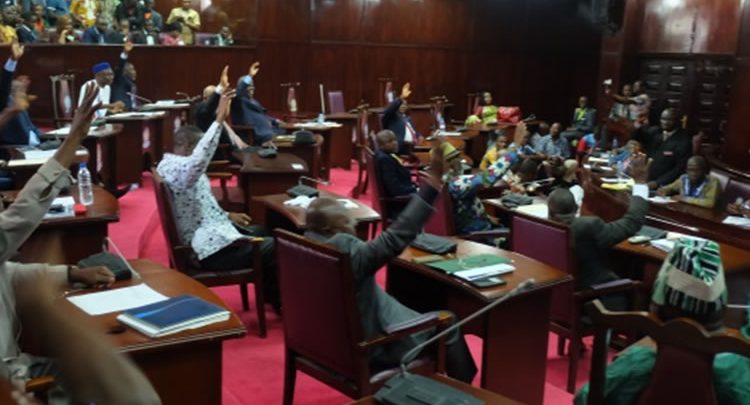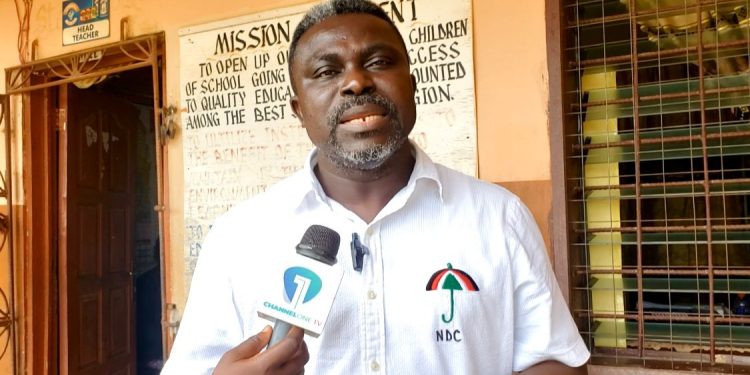Burkinabe journalists must be heaving a sigh of relief following the passage in September 2015 of the law decriminalising press offences.
In place of custodial sentences, media offenses now attract fines of between 500,000 CFA and 3 million CFA. (about850 and 5,100 US dollars).
The fines had initially been pegged at 1 million and 5 million CFA (about 1,700 and 8,500 US dollars). However, the Transitional Government reduced the scale following complaints from the leading media organisations in the country including the Centre National de la Presse – Norbert Zongo (CNP-NZ), MFWA’s national partner in Burkina Faso.
The new dispensation is a major boost to the media in Burkina Faso, which otherwise worked under a very difficult legal regime. Criminal defamation is routinely used to deter the media from critical reporting. For example, on July 23, 2015, a court in Ouagadougou sentenced the Managing Editor of the Le Reporteur newspaper Boureima Ouedraogo, to three months in prison for allegedly libeling a Belgian businessman.
In May, 2014, Lohe Issah Konaté, a Burkinabe national and Editor of the l’Ouragan newspaper, brought an action against the Burkinabe government at the African Court on Human and Peoples’ Rights. Konaté had exhausted all local judicial processes in an unsuccessful bid to overturn a one-year prison sentence and the equivalent of 11,500 US dollars in fines, costs and damages imposed on him for allegedly libeling a state prosecutor, Placide Nikiema.
On December 5, 2014, the African Court delivered a landmark ruling that declared the conviction of the journalist as a violation of his right to freedom of expression protected under Article 9 of the African Charter on Human and Peoples’ Rights, Article 19 of the ICCPR, and Article 66(2) (c) of the Revised ECOWAS Treaty (protection of the rights of journalists). The ruling also called on the Burkinabe government to abolish its criminal libel laws to conform to the above charters and conventions.
Coming within months of the passage of the Right to Information (RTI) law, the repeal of criminal libel further enhances Burkina Faso’s growing democratic credentials. It expands space and offers a welcome breather from the repression of the Blaise Compaore era. On the other hand, it imposes further self-regulation responsibility on the media. We trust the media in Burkina Faso to capitalize on the new dispensation to do even more critical reportage and contribute to promoting good governance in the country.





